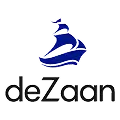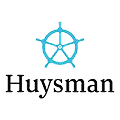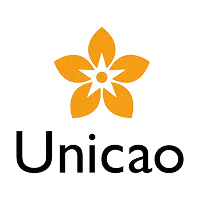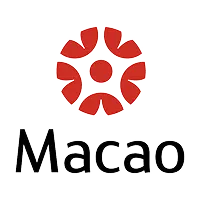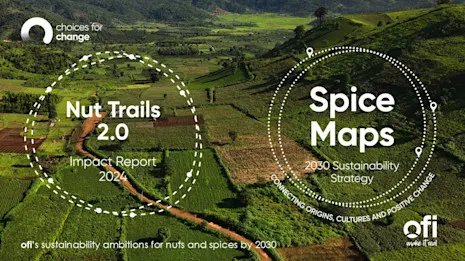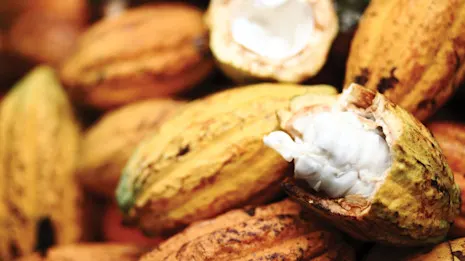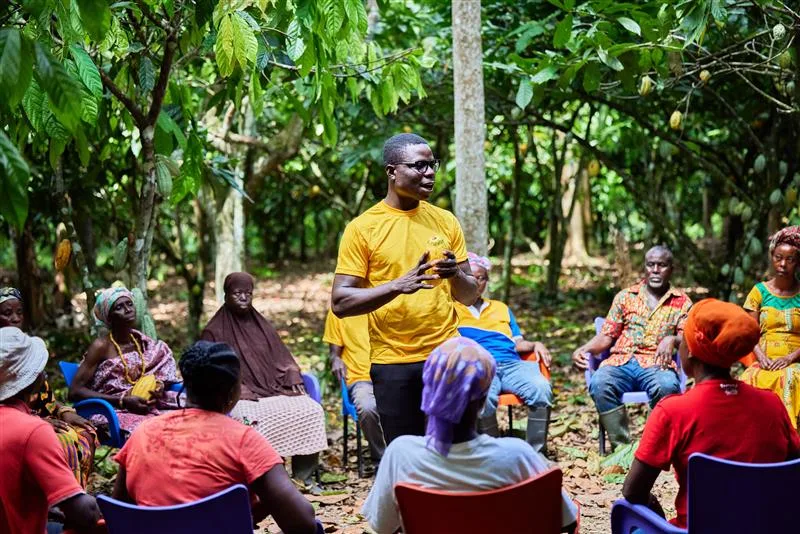How we keep our standards high
How we do business is just as important as success itself, and high standards of behavior are fundamental to the values and culture of ofi. That’s why working in an ethical, socially responsible and environmentally sustainable way is embedded in every aspect of our business. The standards we expect are set out in the Code of Conduct and other specific policies covering all elements of our operations.
Countering corruption
Our Anti-bribery and Corruption (ABC) Policy reflects our commitment to uphold local and international law, and make sure our employees act with integrity.
Producing and sourcing sustainable ingredients
The Living Landscapes Policy supports a ‘Net-Positive’ approach to sustainable development in agricultural supply chains and landscape management. The co-existence of prosperous farmers and food systems, with thriving communities and healthy ecosystems, with the aim of putting more back into food and farming systems than is taken out. We fully support high animal welfare standards. These include not only good health, but mental wellbeing and the ability of animals to exhibit species-specific behaviour. Download our Animal Welfare policy (PDF).
